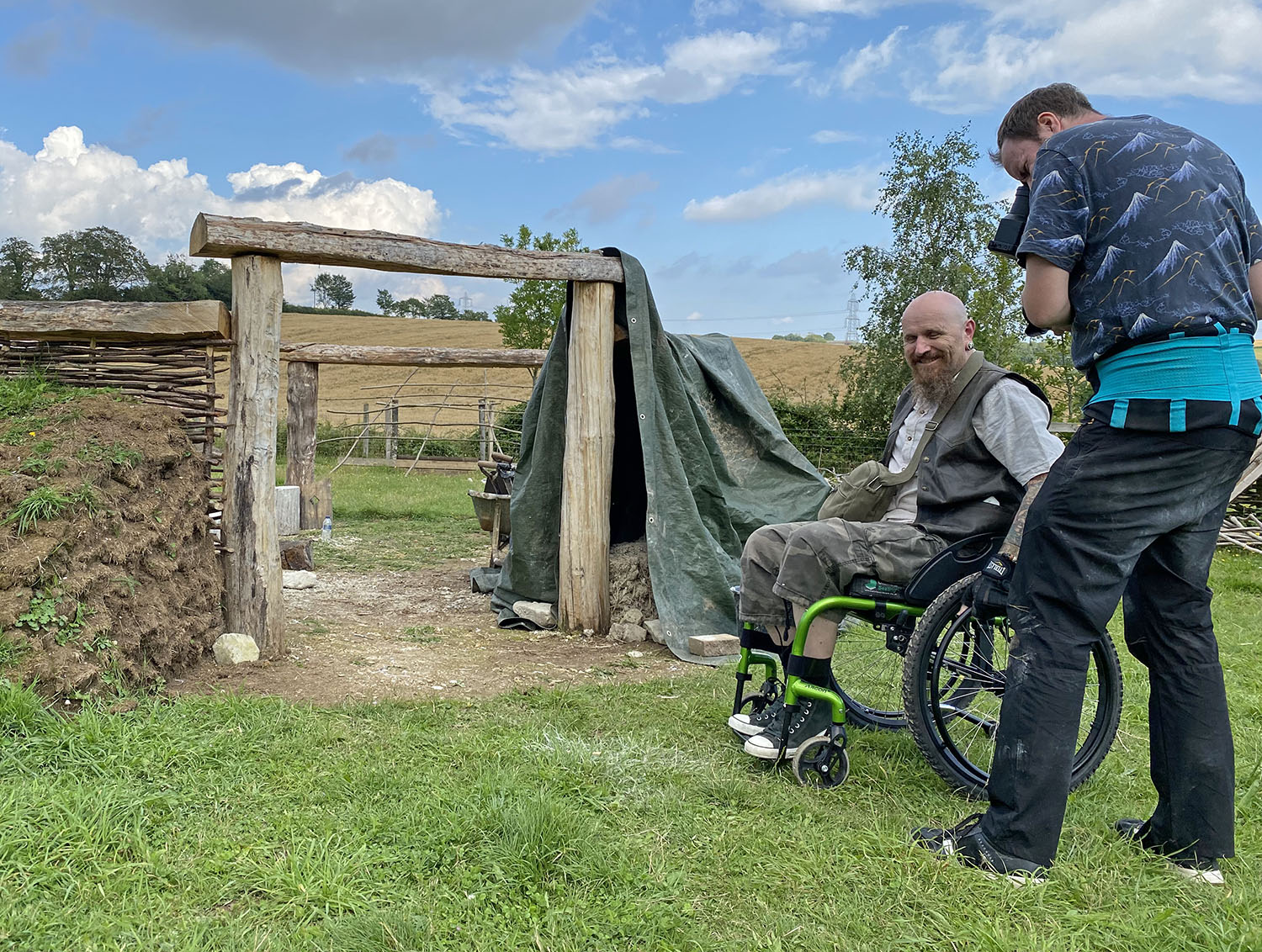Stuart Prior
Reader in Archaeological Practice, University of Bristol

I am currently Reader in Archaeological Practice in the Department of Anthropology and Archaeology, University of Bristol. My primary role is to train future archaeologists in archaeological practice and the methods and techniques of landscape archaeology, such as surveying, geophysics and standing building recording, as well as cultural heritage management. I undertake teaching at Undergraduate, Masters and PhD level and host international students on an annual Summer School alongside a community engagement project. My research focuses on archaeological topics where I specialise in Medieval Archaeology and Castle Studies, as well as Death, Burial and the Funerary Industry all of which feed into my teaching and learning. I also have research interests in Ancient Technology, Warfare and Experimental Archaeology, and a professional interest in Archaeological Health and Safety and Professional Practice. My career however began as a field archaeologist, firstly working on volunteer excavations abroad, before returning to the UK to undertake undergraduate, postgraduate and PhD studies. Whilst undertaking these various qualifications, I worked for archaeological units across the country, then secured a job with an archaeological firm in the West Country, where I worked for 10 years, before taking up my role as an archaeological lecturer at University of Bristol. I also work in TV shows about archaeology including Digging for Britain.
In my role as Reader in Archaeological Practice I teach a great number of skills that are transferable to other industries and career paths. In the Britain AD unit I give students an overview of the history and archaeology of Britain and Ireland from the Roman period to the present day. Then in my Archaeological Practice unit students learn how to identify, survey, excavate and record archaeological features and finds, utilising CIfA standards and guidance, so that they are well prepared for a career in Archaeology. This is followed in the second year by Post-Excavation Analysis where students learn the scientific skills and techniques available to archaeologists to identify and date archaeological artefacts and features. Alongside this, in their third year of study, students are able to undertake a Work Placement unit, where they can go out into the workplace, working for museums, County Archaeologists, Finds Liaison Officers, or even the media Industry, putting into practice all of the skills and knowledge they have gained whilst at university.
I am keen to supply industry ready graduates skilled in professional archaeological practice and have been doing so for over 20 years now, and as a result have graduates working in numerous archaeological industries across the country and abroad in all sorts of cultural heritage and archaeological positions. As an archaeologist you come to understand the geology, topography, buildings and landscapes around you, and as well as having the ability to identify, date and record features and structures and the rich history associated with them, you are able to produce meaningful publications and give meaningful presentations, hand-in-hand with passing on your skills and knowledge to others, be they it students, volunteers or the wider community. Archaeology is after all about telling a good story and inspiring others to love their history and archaeology and I am proud to be a part of the industry.


